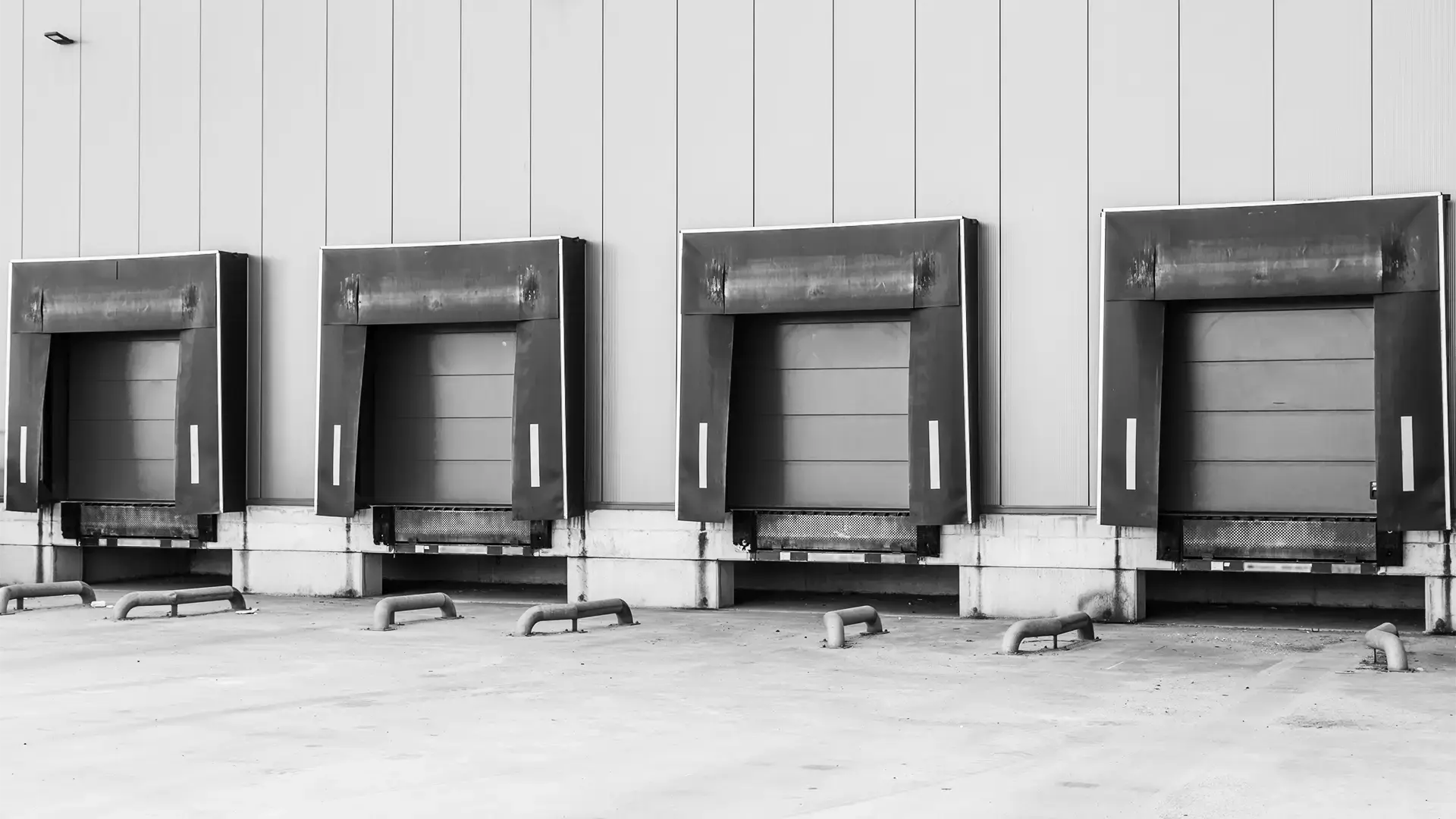Footprint, Waste, and Reduced Consumption
Smart innovation and technological advancements have significantly enhanced sustainable practices in warehouses in recent years. This shift is vital, as warehouses are major contributors to a company’s Scope 1 and Scope 2 emissions.
By adopting more sustainable approaches, warehouses not only support the global push towards sustainability but also enable companies to reduce their carbon footprint effectively.
Modern warehouses are no longer just storage facilities; they play an integral role in a company’s operational efficiency and sustainability strategies. Due to their size, energy consumption, and functionality, they are critical for achieving corporate objectives such as reducing CO2 emissions, supporting circular economies, and advancing ESG priorities. However, the direct impact of warehouse operations on sustainability initiatives is often underestimated, leading to gaps in execution.
At Langebæk, we recognise the importance of bridging these gaps by making warehouses a central focus of sustainability efforts. Our approach aligns warehouse operations with our clients’ unique, sustainability goals. We begin every project by gaining a deep understanding of our clients' strategies to ensure that all improvements support their broader vision.

We help clients secure their warehouses' transition to sustainability through:
Waste Management and Circular Economies
Supply chains should no longer simply “dispose” of waste, but rethink how waste is minimised, reused, recycled, and handled both now and in the future. To succeed in circular waste management and economies, it is essential to integrate future possibilities into warehouse design and flow, ensuring adequate space for sorting and handling various waste fractions.
Automation and Optimisation of Energy Consumption (Scope 2 emissions)
Langebæk has been a market leader in automation for years. However, selecting and implementing the best system today involves not only considering its functionality but also its environmental impact. Energy-intensive systems, with new standards and reporting frameworks in place, require careful selection to ensure the most energy-efficient option. Doing so not only delivers financial benefits but also reduces Scope 2 emissions.
Sustainable Building Certification
To avoid allegations of greenwashing, certifications have become essential for ensuring credibility in sustainability efforts. With so many certifications available across various fields and segments, navigating this space can be overwhelming. Langebæk has in-depth knowledge of the most prominent building certifications and supports clients in selecting the right certificate. By facilitating communication between clients and the experts who grant these certificates, we help optimise their ratings and directly align them with their sustainability strategy.
With our combined expertise in logistics and sustainability, Langebæk guides clients to the right solutions that meet both their needs and the environment’s - without compromise.
READ ABOUT OUR OTHER SUSTAINABILITY SERVICES

Do you want to know more?
Lars Bek Jensen
+45 2120 0666
lbj@langebaek.com
Get in touch with Lars Bek Jensen here.


